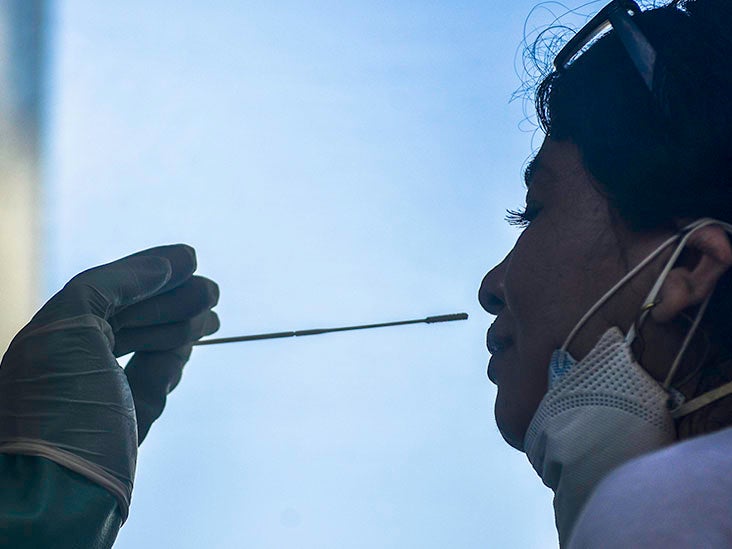Could interaction with other viruses stop SARS-CoV-2 replication?
Companies, agencies, institutions, etc
ISG
Yale School of Medicine
Medical News Today
the Journal of Experimental Medicine
COVID-19.The
CXCL10
BX795
People
Ellen Foxman
Groups
No matching tags
Physical locations
No matching tags
Places
No matching tags
Locations
New Haven
CT
CXCL10
Events
No matching tags

Summary
Dr. Ellen Foxman, an assistant professor at Yale School of Medicine in New Haven, CT, led a recent study that sought to clarify the ability of the interferon response to restrict SARS-CoV-2 replication.The study found that as the viral load, or amount, of SARS-CoV-2 in organoids made from upper respiratory tract tissue rose and fell, the expression levels of ISG also increased and then declined. Furthermore, the results suggest that the timing and magnitude of the interferon response, which the team measured using ISG expression levels, could influence the progression of the SARS-CoV-2 infection.Speaking with Medical News Today, Dr. Foxman explained that the interactions between the virus and the immune system might also explain why some individuals develop severe illness, whereas others have mild or no symptoms.The study appears in the Journal of Experimental Medicine. This suggests that the interferon response can slow the progression of COVID-19, especially during the early stages of infection when SARS-CoV-2 levels are lower.The authors speculate that SARS-CoV-2 variants with increased transmissibility may carry mutations that result in an enhanced ability to block the interferon response.The authors conclude that innate immune responses can inhibit SARS-CoV-2 replication during the early stages of infection.
As said here by Deep Shukla